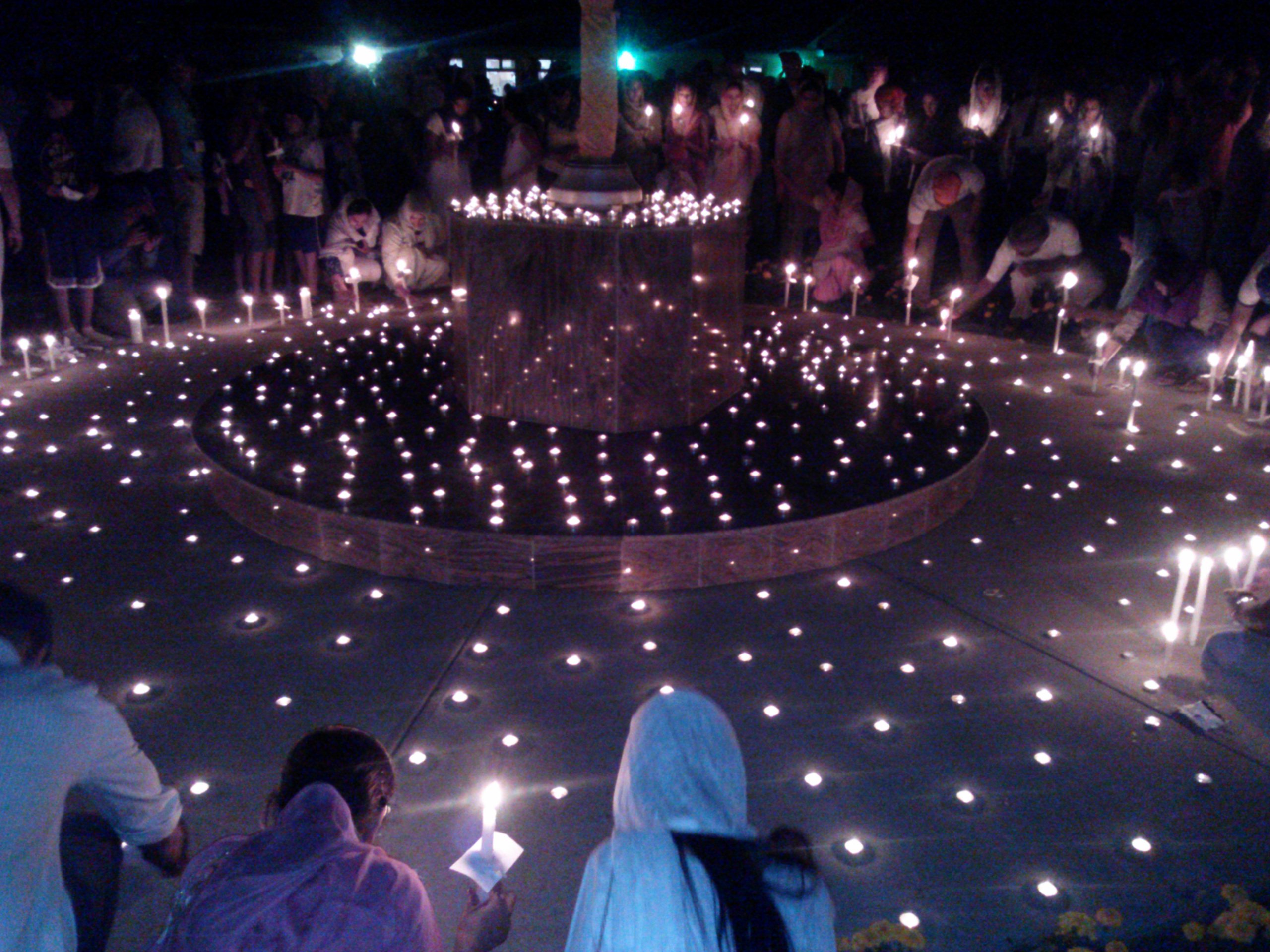In the wake of the attack Sunday on the Oak Creek, Wisc., gurdwara, the media discourse has largely added insult to injury. Anyone who turned to television for continuous coverage of the attack had only one option, CNN. Unfortunately, following CNN was an exercise in frustration –– the network fumbled with basic facts.
Chief among the offenses was anchor Don Lemon’s repeated statement that Sikhs are “not Muslims but Hindus.” He seemed to have picked this up from a source interviewed outside of the gurdwara, who had referred to himself and other congregants as “Sikh Hindus.” Sikhism, the world’s fifth largest religion — and the faith of many of the earliest South Asian immigrants in the United States — is of course a distinct religion. Though it was originally influenced by both Hinduism and Islam, it is not an “offshoot” or sect of either.
The need here to distinguish between faiths owes to the confusion that Americans commonly have with Sikh men who wear turbans (Sikhism requires this and other forms of dress of observant men, though not all adhere) and a comparatively small number of Muslims who do as well. The spate of the violence against Sikhs in the decade since 9/11 has most likely been a result of this mis-recognition. Perhaps for this reason, hate crimes against Sikhs in the United States are still lumped with those against Muslims, but this nonetheless maintains the problem of ignoring fundamental differences among immigrants and minorities — and between mainstream America and everyone else.
Moreover, citing the cause as mis-recognition carries the risk of implying that attacks on Muslims would be justified. In that regard, Lemon made a point of noting that the Muslim community had denounced Sunday’s attack. This is curious. Muslims had nothing to do with it. And yet Muslims and Sikhs alike have had to explain themselves as peaceful people in the wake of the shooting.
But it’s not hard to see why Muslims would speak out so swiftly: It could just as easily happen to them. In fact, within a day of the gurdwara shooting, a mosque in Joplin, Mo., was burned to the ground — the second fire there this summer. (Law enforcement officials declared the first arson and have yet to find a single suspect but haven’t stated the cause for this week’s fire.) Thankfully, no one was harmed in Joplin, but now the community of about 50 is without a place to worship.
The media has been hesitant to cite either of these attacks as hate crimes. Despite overwhelming evidence of shooting suspect Wade Michael Page’s sinister background, many outlets continued to refer to him as a “possible” white supremacist or domestic terrorist.
If this caution reflects a desire to follow the lead of law enforcement before jumping to conclusions about the attackers’ motives, so be it. But the media might then use the same standard when treating non-white suspects in other possible “terror-related” (another noncommittal phrasing) and criminal cases.
Perhaps most importantly, people should drop the narrative that these are random and senseless acts of violence. They do not occur in a vacuum. Only a couple of weeks ago, a woman in Nebraska reported an attack on her body in the middle of the night by a group of men; a lesbian, she suspects the mutilation she suffered was a response to her sexuality. Earlier in the summer, someone shot a young lesbian couple in Portland, Tex., following an attack in March on two black men — likely for their perceived sexual orientation — in Dallas.
After the attack on the Wisconsin gurdwara and the ensuing discussion of mis-recognition, I was reminded of the treatment my mother often received in this country whenever tensions ran high. Born and raised in India, she settled in the United States in 1985 (following a stint in the 1970s), and it was here that she made her life’s work: multicultural, interactive storytelling for children and the elderly. She started this pursuit because a classmate of mine in elementary school commented once on her “strange” appearance. She had been wearing a bindi, the dot that many South Asian women adorn their foreheads with.
After 9/11, she heard through her hairdresser that a congregant from the synagogue that she and my father attended had been spouting off on her “costume” — such as the shalwar kameez and other common South Asian clothing. Apparently, my mother’s appearance was again causing a stir, this time among adults who made clear to her that she should show her “true” allegiances by changing her dress. The jingoism didn’t faze her, and she continued to proudly don her “costume” in public.
After SB 1070 passed in Arizona, the controversial bill that would allow police to ask for a suspect’s immigration papers at routine stops, my mother was pulled over for a legitimate, minor traffic violation in our hometown, Fort Worth. As she rolled down her window, the cop said snidely, “I don’t suppose you have insurance,” implying that my brown-skinned mother must be an undocumented immigrant. She filed a complaint, and eventually the police force got back to her: A few other residents had reported the same cop and were promised that disciplinary action would be taken against him. All of the other people who made complaints were women.
If the connections here seem tenuous, remember that these all qualify as assaults on identity — something fluid, dependent on context, and easily mistaken. The mistake, however, isn’t the cause or the real problem, and concealed in these recent acts of violence are as many connections as there are differences. It is the media’s job to illuminate both.
The Sikh communities in the region will be holding a candlelight vigil, with the rest of the nation, tomorrow night (Wednesday) at 7:30 p.m. at the Sikh Temple of North Texas, 506 Gatewood Dr., in Garland.












Another case of the irrelevant trying to become relevant. This POS thought he was extolling his neo-nazi values. The Sikh community are peaceful and have great family values. While there many not be as many Sikh’s here in DFW, in Washington DC there are many. I was in DC when the Pentagon was hit on 9/11. Many ignorant people thought Sikhs were Muslims.
It is beyond me that many Sikhs came to the United States from India because of the inequality of the caste class only to find another set of pre-justice hurdles.
Where have our values gone? Where is our sense of common courtesy and decency?
Why would America be immune from the religion-related slaughters that occur daily in the world? Muslims killing scores of Christians at church in Nigeria, schoolgirls attacked in India, you see it every single day, and somehow it only registers when some batshit crazy hater kills for his own sick reasons, here in the US.
What to do? Damn if I know.
Hitchens, wherever the old sot may be, is still right: religion poisons everything.